Gate Valves for Sale: Quality Brass & Knife Types - Shop Now
Precision Engineering: Understanding the Value of Gate Valves
In industrial fluid control systems, the integrity and efficiency of components are paramount. Among the most crucial are industrial valves, with gate valves for sale standing out for their robust design and reliable shut-off capabilities. These devices are integral across a myriad of sectors, serving as a critical barrier to control flow, isolate sections, and ensure operational safety.
This comprehensive guide delves into the world of gate valves, exploring their manufacturing intricacies, diverse applications, technical advantages, and factors critical for procurement decision-making. We aim to provide B2B decision-makers and engineers with the authoritative insights needed to select optimal gate valve solutions.
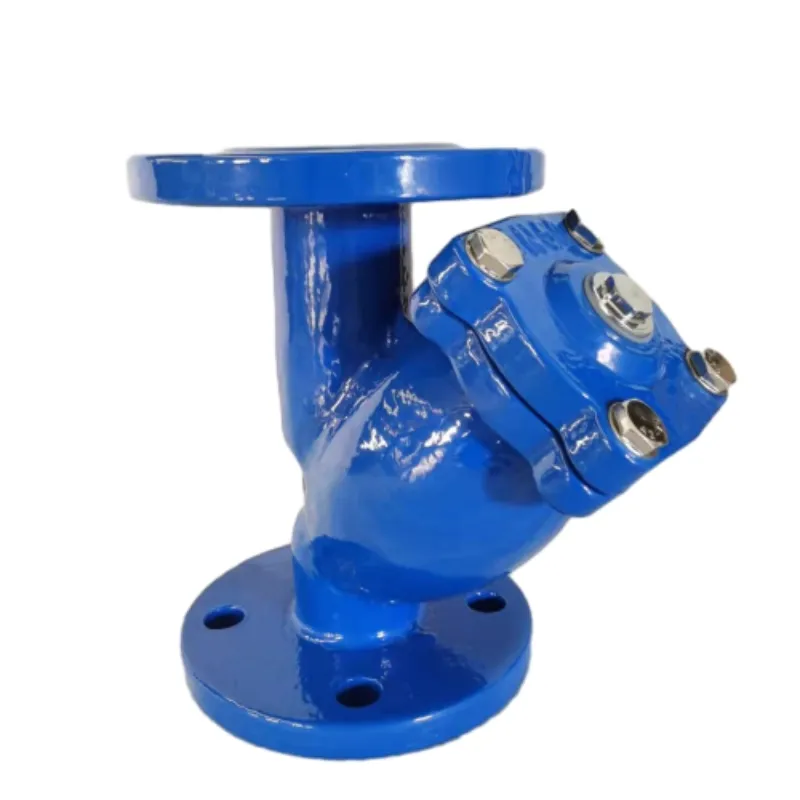
The Meticulous Manufacturing Process of Gate Valves
The production of high-performance gate valves is a sophisticated process, blending advanced engineering with stringent quality control. It dictates the reliability and longevity of the gate valves for sale in demanding industrial environments. The typical process flow involves several critical stages:
1. Material Selection and Preparation
The choice of material is fundamental, impacting the valve's resistance to corrosion, temperature, and pressure. Common materials include cast iron, ductile iron, carbon steel, stainless steel (e.g., 304, 316), and specialty alloys like Monel or Hastelloy for highly corrosive or extreme temperature applications. For general utility and plumbing, brass gate valve options are often preferred due to their excellent corrosion resistance and cost-effectiveness in non-aggressive media.
2. Casting or Forging
- Casting: This method involves pouring molten metal into a mold to create the valve body and bonnet. It allows for complex geometries and is cost-effective for larger production runs.
- Forging: Forged valves are produced by deforming solid metal under high pressure and temperature. This process enhances the material's grain structure, resulting in superior strength, ductility, and resistance to fatigue, making them ideal for high-pressure and high-temperature applications.
3. Precision Machining (CNC)
After casting or forging, components undergo advanced CNC (Computer Numerical Control) machining. This ensures precise dimensions, smooth surface finishes, and tight tolerances for critical parts such as the gate, seats, stem, and gland. Accuracy here is crucial for leak-proof sealing and smooth operation of the gate valve.
4. Assembly and Testing
Components are meticulously assembled. Each gate valve then undergoes rigorous testing to comply with international standards such as ISO 5208 (Pressure Testing of Valves), ANSI/API 598 (Valve Inspection and Testing), and EN 12266 (Industrial Valves - Testing of Valves). Key tests include:
- Hydrostatic Shell Test: Verifies the pressure-containing capability of the valve body.
- Hydrostatic Seat Test: Ensures bubble-tight closure of the gate against the seats.
- Low-Pressure Air Test: Detects minor leaks that might be missed by hydrostatic tests.
- Fugitive Emissions Test: (For specific applications) Ensures stem seal integrity to prevent hazardous leakage into the atmosphere.
Target industries demanding these high standards include petrochemical, oil and gas, metallurgy, power generation, and water supply & drainage. The advantages in typical application scenarios include enhanced energy saving through minimized pressure drop and superior corrosion resistance when appropriate materials are specified, leading to an extended service life often exceeding 20-30 years with proper maintenance.
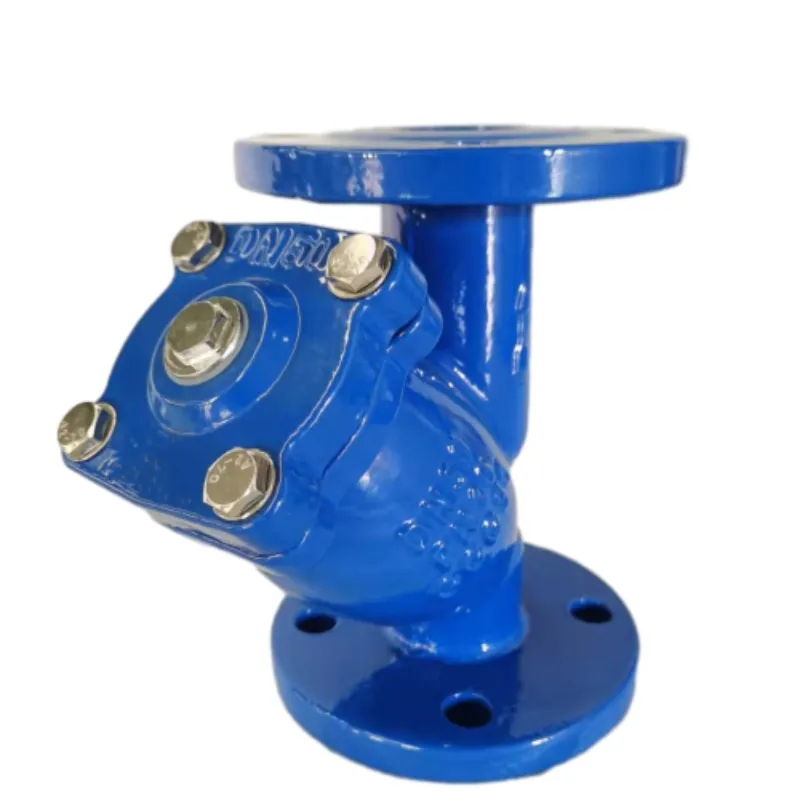
Key Technical Specifications and Diverse Gate Valve Types
Understanding the technical specifications of gate valve types is crucial for proper selection. A gate valve operates by lifting a rectangular or circular gate (wedge) out of the path of the fluid. When fully open, it allows for a full bore flow, resulting in minimal pressure drop. When closed, the gate creates a tight seal against the seat, blocking flow.
Different gate valve types are designed for specific operational needs:
- Wedge Gate Valves: The most common type, featuring a solid, flexible, or split wedge. Flexible wedges compensate for changes in seat alignment due to thermal expansion or pipeline stress.
- Parallel Slide Gate Valves: Use two parallel discs with springs in between to force the discs against the seats. Excellent for systems with high temperature fluctuations.
- Slab Gate Valves (Conduit Gate Valves): Often used in oil and gas pipelines, these have a single slab gate that provides a smooth bore when open, minimizing turbulence and pressure drop.
- Knife Gate Valve: Characterized by a sharp, thin gate that can cut through thick media, slurries, and viscous fluids. Ideal for applications in pulp and paper, mining, and wastewater treatment. Their design is particularly effective in preventing media accumulation and ensuring reliable shut-off.
- Brass Gate Valve: Primarily used in residential, commercial plumbing, and low-pressure industrial applications for water, oil, and gas. They offer good corrosion resistance and are cost-effective.
Typical Gate Valve Specifications Table
When evaluating gate valves for sale, the following parameters are crucial:
The gate valve price varies significantly based on these specifications, materials, and specialized features. Investing in a valve that precisely matches application requirements typically yields long-term operational savings.
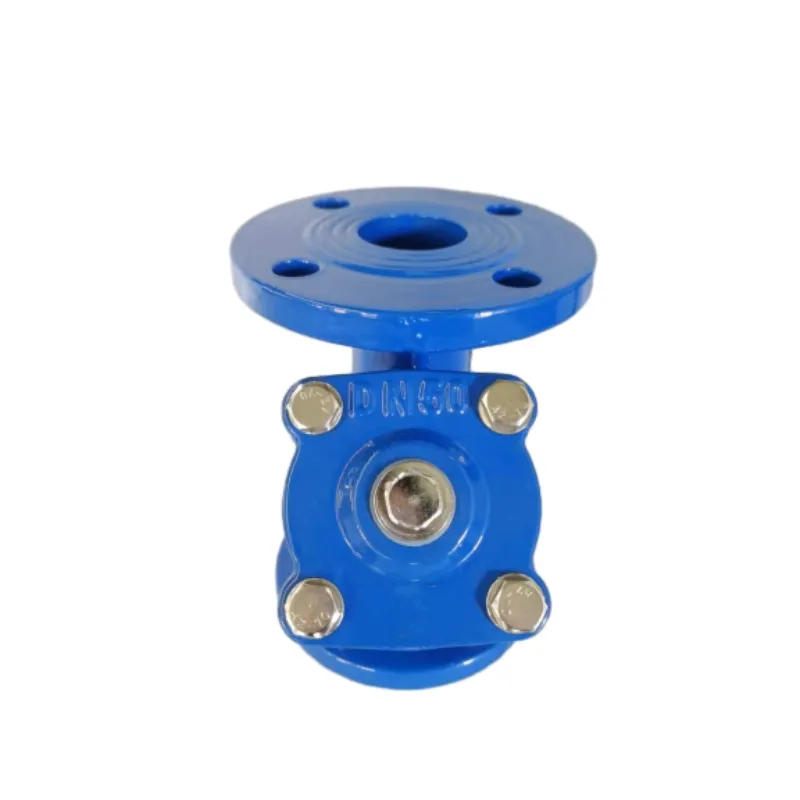
Diverse Application Scenarios Across Industries
The versatility of gate valves for sale makes them indispensable across numerous industrial sectors, primarily where minimal pressure drop and tight shut-off are critical. Their design is particularly effective for on/off services, meaning they are typically operated either fully open or fully closed, rather than for throttling fluid flow.
- Oil and Gas: Crucial for pipeline isolation, processing facilities, and storage terminals due to their high-pressure capabilities and robust construction. They are used for hydrocarbons, natural gas, and refined products.
- Water and Wastewater Treatment: Extensive use in municipal water distribution, sewage treatment plants, and irrigation systems. Their ability to handle large volumes of fluid with minimal obstruction makes them ideal for raw water intake, clarified water, and sludge lines. Ductile iron or cast iron gate valve with resilient wedges are common.
- Chemical Processing: Specified for various chemicals, acids, and alkalis, often requiring specialized materials like stainless steel or exotic alloys for corrosion resistance. A flexible wedge design can accommodate thermal expansion in such applications.
- Power Generation: Used in steam lines, cooling water systems, and fuel lines within thermal, nuclear, and hydroelectric power plants. High-pressure and high-temperature forged gate valve solutions are prevalent here.
- Mining and Slurry Applications: This is where the knife gate valve truly shines. Its unique design allows the gate to cut through abrasive slurries, viscous liquids, and media containing solids without clogging. Customer feedback from mining operations often highlights the knife gate valve's superior reliability in environments where conventional valves fail prematurely due to erosion or blockage.
- Pulp and Paper: Similar to mining, the knife gate valve is highly effective in handling fibrous slurries, wood pulp, and corrosive chemicals inherent to the paper-making process.
- HVAC and General Utility: Brass gate valve are commonly found in heating, ventilation, and air conditioning systems, as well as general building services for water and low-pressure steam lines.
In each scenario, the robust construction and straightforward operation of a gate valve provide a dependable solution for isolation, ensuring system integrity and facilitating maintenance without disruption to overall operations.
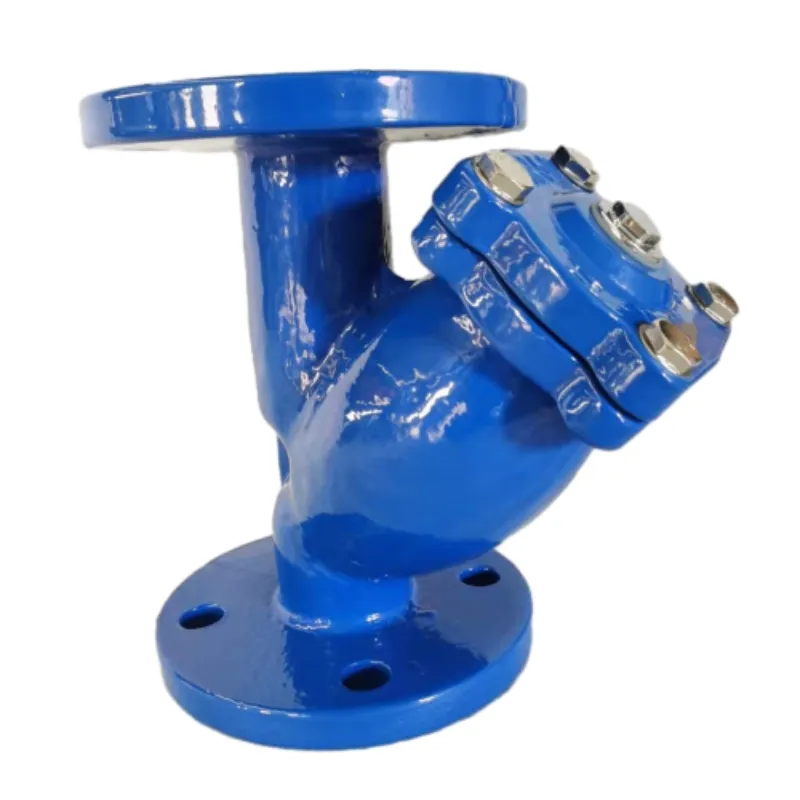
Technical Advantages and Performance Excellence
The sustained demand for gate valves for sale is a testament to their inherent technical advantages and reliable performance, particularly in applications requiring full-bore flow and positive shut-off. Compared to other valve types, gate valves offer distinct benefits:
- Minimal Pressure Drop: When fully open, the gate is completely withdrawn into the valve bonnet, creating a straight-through flow path with the same diameter as the pipe. This results in very low resistance to flow, minimizing pressure drop and consequently reducing energy consumption for pumping. This translates directly to energy savings, especially in large-scale fluid transfer systems.
- Bi-directional Flow: Most gate valve designs are symmetrical, allowing fluid flow in either direction without affecting sealing performance. This simplifies system design and reduces inventory.
- Tight Shut-off Capability: Designed for positive isolation, gate valves provide an effective barrier when fully closed, preventing leakage and ensuring the safety of personnel and equipment during maintenance or operational changes. The precision machining of the gate and seats, coupled with rigorous testing to standards like ISO 5208, guarantees this critical function.
- Robust Construction and Durability: Constructed from high-strength materials (e.g., carbon steel, stainless steel) and engineered for demanding conditions, gate valves offer excellent mechanical integrity and long service life, even in corrosive or high-temperature environments. For instance, stainless steel gate valve are certified for superior corrosion resistance in chemical plants.
- Versatility in Actuation: Gate valves can be operated manually via handwheels or gear operators, or automated with electric, pneumatic, or hydraulic actuators, allowing for integration into sophisticated control systems.
- Cost-Effectiveness for Isolation: While the initial gate valve price might vary, their long operational life, low maintenance requirements, and minimal pressure drop contribute to a favorable total cost of ownership over the lifecycle, especially for critical isolation duties.
These advantages underscore why gate valves remain a foundational component in industrial fluid control, consistently meeting the rigorous demands of modern infrastructure.
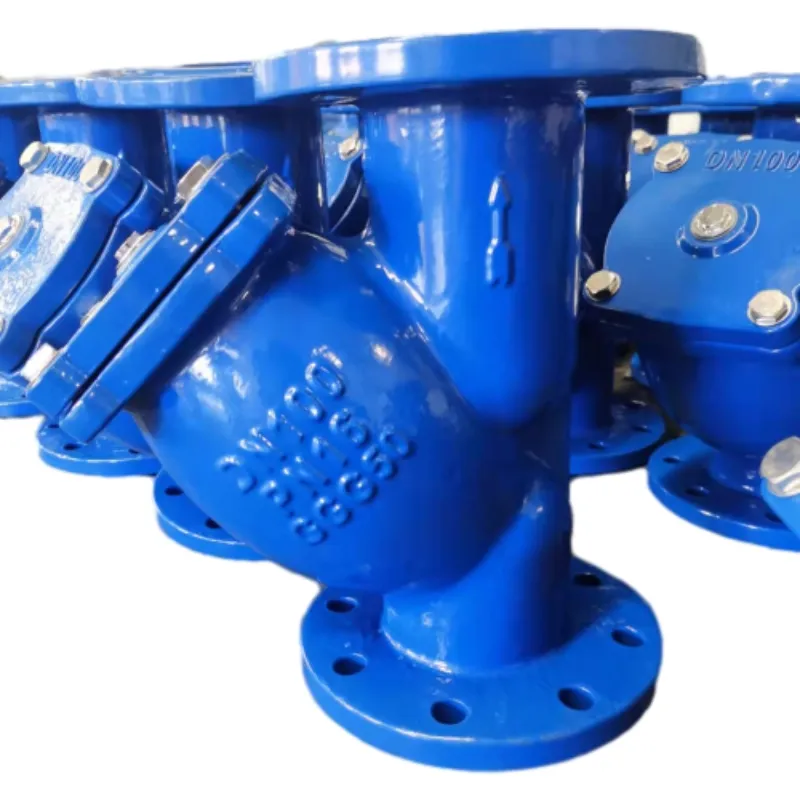
Vendor Comparison and Selection Criteria for Gate Valves
Choosing the right supplier for gate valves for sale is as critical as selecting the valve itself. A reputable vendor offers not just products but also expertise, reliability, and support. Here are key criteria for B2B decision-makers:
- Quality Certifications and Compliance: Verify adherence to international standards like ISO 9001 (Quality Management System), API 6D (Pipeline Valves), API 600 (Steel Gate Valves), and PED (Pressure Equipment Directive) where applicable. These certifications are a strong indicator of a manufacturer's commitment to quality and safety.
- Manufacturing Capabilities and Technology: Assess the vendor's facilities, including their casting/forging capabilities, CNC machining precision, and advanced testing equipment. A manufacturer with in-house capabilities often ensures better quality control and lead times.
- Material Expertise: The ability to work with a wide range of materials, including specialty alloys, demonstrates versatility and capacity to meet diverse application requirements. This is particularly important for corrosive or high-temperature media.
- Customization Options: For unique system requirements, the ability to provide tailored solutions (e.g., specific face-to-face dimensions, unique actuation, special coatings, or specific gate valve types) is a significant advantage.
- Technical Support and Engineering Expertise: A strong vendor provides pre-sales consultation, engineering support for complex installations, and responsive after-sales service. Their team should possess deep knowledge of fluid dynamics and valve mechanics.
- Track Record and Client References: Look for vendors with a proven history of supplying reliable valves to reputable clients within your industry. Years of service and consistent positive feedback are strong indicators of trustworthiness.
- Gate Valve Price vs. Value: While price is a factor, focus on the total cost of ownership. A slightly higher initial gate valve price for a superior quality valve can result in significant savings over its lifespan through reduced maintenance, fewer downtimes, and improved operational efficiency.
- Lead Time and Logistics: Evaluate the vendor's capacity to meet delivery schedules and their logistical capabilities for global distribution, if required.
By carefully evaluating these aspects, businesses can forge partnerships with vendors that deliver not only high-quality gate valves for sale but also long-term operational advantages.

Customized Solutions and Engineering Excellence
Recognizing that no two industrial applications are exactly alike, leading manufacturers of gate valves for sale offer extensive customization options. This capability is a cornerstone of true engineering expertise, allowing for the precise tailoring of valves to meet specific operational pressures, temperatures, media characteristics, and spatial constraints.
Examples of Customization:
- Material Upgrades: For highly corrosive or abrasive media, standard materials can be upgraded to exotic alloys (e.g., Duplex, Super Duplex, Titanium) to ensure optimal service life and performance.
- Special Coatings and Linings: Internal coatings (e.g., rubber lining, epoxy) can be applied to enhance corrosion or abrasion resistance, particularly for applications involving slurries or chemicals.
- Actuation and Automation: Beyond standard manual operation, valves can be fitted with advanced electric, pneumatic, or hydraulic actuators, complete with position indicators, limit switches, and intelligent control interfaces for remote operation and system integration.
- Extended Bonnets/Stems: For cryogenic services or applications with high thermal insulation requirements, extended bonnets prevent packing from freezing or overheating, maintaining seal integrity.
- Modified End Connections: While standard flanged or welded connections are common, special requirements for specific pipe systems or compact installations can necessitate unique end connection designs.
- Bypass Valves: Larger gate valves may incorporate a bypass valve to equalize pressure across the main gate, reducing the torque required for operation and preventing damage from differential pressure.
Manufacturers with decades of service and a portfolio of partner clients across various industries (e.g., a 30-year track record supplying to leading petrochemical giants) demonstrate the authoritative experience required for complex custom projects. They leverage in-house engineering teams to conduct detailed analyses, including Finite Element Analysis (FEA) for stress testing and Computational Fluid Dynamics (CFD) for flow optimization, ensuring that every customized gate valve meets or exceeds performance expectations under specific operational parameters.
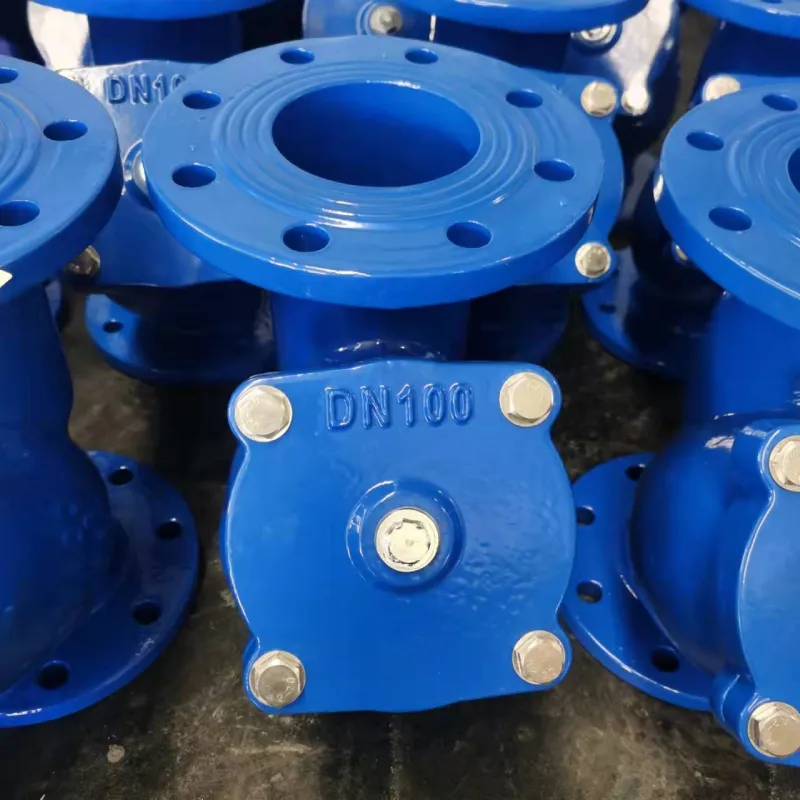
Real-World Application Case Studies
The effectiveness of gate valves for sale is best illustrated through their successful implementation in challenging industrial scenarios.
Case Study 1: Enhanced Efficiency in a Municipal Wastewater Treatment Plant
A large municipal wastewater treatment plant faced recurring issues with traditional gate valves in their primary sludge lines. The fibrous and abrasive nature of the sludge led to frequent clogging, premature wear of internal components, and unreliable shut-off, necessitating costly and time-consuming maintenance interventions. Following a consultation, the plant decided to replace these with specialized knife gate valve units featuring hardened seats and resilient packing. The sharp, thin gate design proved highly effective in cutting through the sludge, preventing accumulation and ensuring a tight seal. This switch resulted in a 40% reduction in valve-related maintenance costs and a 25% improvement in operational uptime over two years, demonstrating the superior performance of the appropriate gate valve type for challenging media.
Case Study 2: High-Pressure Steam Isolation in a Power Generation Facility
A major coal-fired power plant required reliable isolation valves for its main steam lines, operating at extreme temperatures (up to 540°C) and pressures (160 bar). Standard cast steel gate valves showed signs of creep and stem leakage, posing safety risks and causing energy losses. The solution involved implementing forged steel gate valves with an extended bonnet and Stellite-faced trim, designed specifically for high-temperature service and certified to ASME B16.34. These valves provided superior integrity against thermal cycling and maintained critical sealing performance over prolonged periods. The upgrade significantly enhanced operational safety and reduced steam losses, leading to an estimated annual energy saving of 5% on the isolated lines, proving the long-term value of investing in high-specification gate valves for sale.
Trustworthiness & Support: Your Partner in Fluid Control
Building trust is fundamental in B2B relationships. A reputable supplier of gate valves for sale stands behind their products with clear commitments and comprehensive support services.
Frequently Asked Questions (FAQ)
- Q: What is the typical lead time for custom gate valve types?
A: Lead times for customized gate valves generally range from 8 to 16 weeks, depending on material availability, complexity of design, and current production schedules. Standard stock items typically ship within 1-2 weeks. - Q: How do I determine the correct gate valve price for my project?
A: The price is influenced by material, size, pressure class, end connections, and actuation. For an accurate quote, please provide your specific requirements. Our sales engineers can assist in specifying the most cost-effective solution. - Q: What are the primary differences between a knife gate valve and a standard wedge gate valve?
A: Knife gate valves are designed for slurries and viscous media, featuring a sharp, thin gate for cutting through solids and usually a non-rising stem. Standard wedge gate valves are for clean fluids, offer tight shut-off, and typically have a rising stem. - Q: Can your gate valves for sale be certified to specific international standards like API or EN?
A: Yes, all our gate valves are manufactured and tested in strict accordance with relevant international standards, including API 600, API 602, BS 1873, EN 10434, and others. Specific certifications can be provided upon request for individual orders.
Lead Time & Fulfillment
We maintain strategic inventories of common gate valve types to ensure prompt delivery for standard orders. For large projects or customized solutions, our manufacturing pipeline is optimized for efficiency, providing transparent lead times and consistent communication throughout the production and logistics phases. Our global logistics network ensures timely and secure delivery to your project site.
Warranty Commitments
All our gate valves for sale come with a comprehensive warranty against manufacturing defects, typically ranging from 12 to 24 months from the date of installation or 18 to 30 months from shipment, whichever comes first. Specific terms and conditions are outlined in our standard sales agreement.
Customer Support and After-Sales Service
Our commitment extends beyond delivery. We offer dedicated technical support, spare parts availability, and troubleshooting assistance to ensure the continuous, optimal performance of your valves. Our team of experienced engineers is available to provide guidance on installation, operation, and maintenance, ensuring that your investment in our gate valves for sale provides lasting value.
Conclusion
The selection and procurement of industrial gate valves for sale demand a deep understanding of technical specifications, application requirements, and supplier capabilities. By emphasizing robust manufacturing processes, adherence to international standards, comprehensive testing, and responsive customer support, businesses can secure valve solutions that deliver unparalleled reliability, efficiency, and long-term value. Partnering with a trusted manufacturer who offers both standardized and customized gate valve types is crucial for the successful operation of any critical fluid control system.
References
- ISO 5208:2015 - Industrial valves — Pressure testing of metallic valves. International Organization for Standardization.
- API Specification 600 - Steel Gate Valves – Flanged and Butt-welding Ends, Bolted Bonnets. American Petroleum Institute.
- ASME B16.34 - Valves—Flanged, Threaded, and Welding End. American Society of Mechanical Engineers.
- EN 12266-1:2012 - Industrial valves — Testing of valves — Part 1: Pressure tests, procedures for functional tests and leakage tests. European Committee for Standardization.
-
Durable & Safe 600mm Round Drain Covers | HBYQ Metal SolutionsNewsNov.25,2025
-
Comprehensive Guide to Square to Round Recessed Drain Cover 500mm | Durable & Efficient Drainage SolutionsNewsNov.24,2025
-
Round to Square Manhole Cover – Adaptive Infrastructure Solutions for Modern CitiesNewsNov.24,2025
-
Square to Round Recessed Drain Cover 450mm – Durable & Efficient Drainage SolutionsNewsNov.23,2025
-
Durable Round Inspection Chamber Covers for Urban and Industrial Use | HBYQ MetalNewsNov.23,2025
-
Square to Round Recessed Drain Cover | Durable & Adaptable Drain SolutionsNewsNov.22,2025
-
Durable Square to Round Recessed Drain Cover 300mm | Reliable Drain SolutionsNewsNov.22,2025
